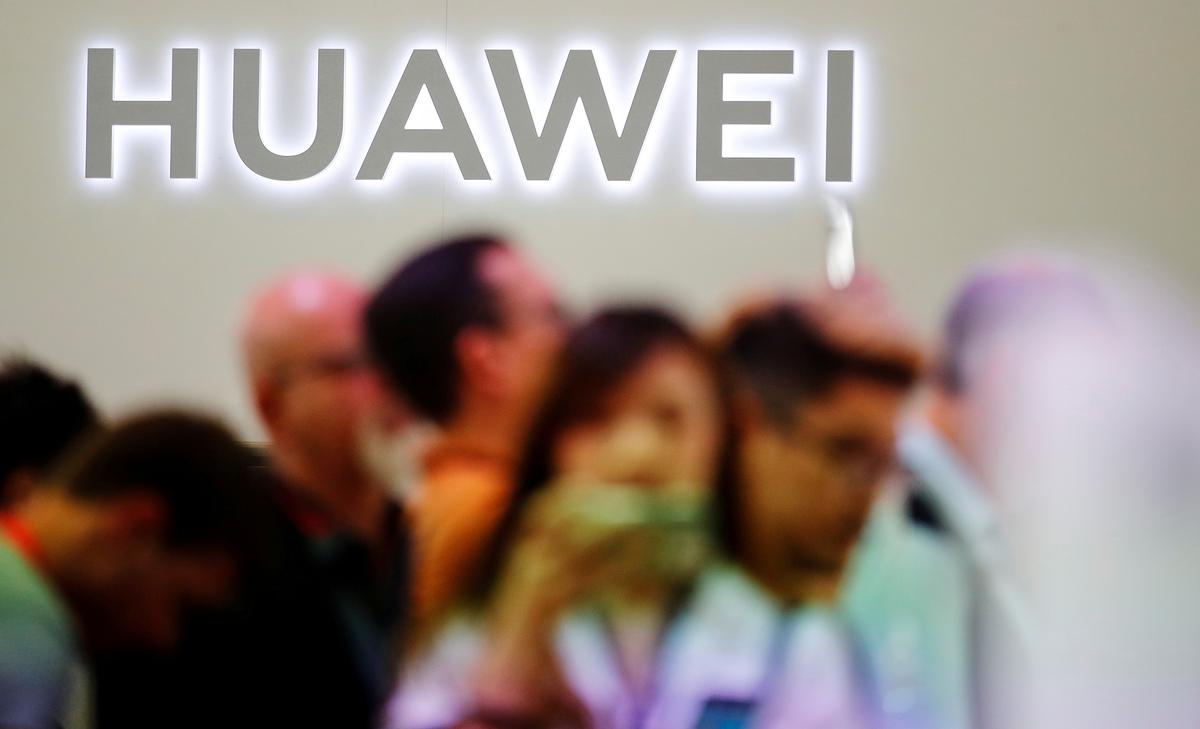NEW YORK (Reuters) – U.S. prosecutors on Thursday added trade secret theft charges to their bank fraud case against Chinese smartphone maker Huawei Technologies Co, further escalating the U.S. battle with the world’s largest telecommunications equipment maker.
The new indictment, which supersedes one from last year, was filed in federal court in Brooklyn, New York and charges Huawei with conspiring to steal trade secrets from six U.S. technology companies and to violate the Racketeer Influenced and Corrupt Organizations Act (RICO).
It also contains new allegations about the company’s involvement in countries subject to sanctions, such as Iran and North Korea.
“The indictment paints a damning portrait of an illegitimate organization that lacks any regard for the law,” U.S. Senate Intelligence Committee chairman Richard Burr and vice chairman Mark Warner said in a joint statement.
The Republican and Democratic Senators called it “an important step in combating Huawei’s state-directed and criminal enterprise.”
Huawei declined to comment.
It pleaded not guilty to the indictment unsealed against the company in January 2019, which charged it with bank and wire fraud, violating sanctions against Iran, and obstructing justice.
Its chief financial officer Meng Wanzhou was arrested in December 2018 in Canada on charges in that indictment. She has said she is innocent and is fighting extradition.
In the earlier indictment, Meng and Huawei are accused of conspiring to defraud HSBC and other banks by misrepresenting Huawei’s relationship with a company that operated in Iran.
There are no new charges against Meng in the superseding indictment.
The new trade secret theft charges relate to internet router source code, cellular antenna technology, and robotics.
For example, beginning in 2000, Huawei and its subsidiary Futurewei are accused of misappropriating operating system source code for internet routers, commands used to communicate with the routers, and operating system manuals, from an unidentified company in Northern California.
The company then sold their routers in the United States as lower cost versions of the U.S. company’s products, the indictment says.
Huawei is also accused of recruiting employees from other companies, making efforts to get intellectual property from those companies, and using professors at research institutions to obtain technology.
In November, the Federal Communications Commission voted to bar U.S. rural wireless carriers from tapping an $8.5 billion government fund to purchase equipment or services from Huawei.
U.S. Attorney General William Barr said the same month that Huawei “cannot be trusted.” Last week, Barr suggested the United States consider taking control of two major foreign rivals of Huawei.
Source: Read Full Article
